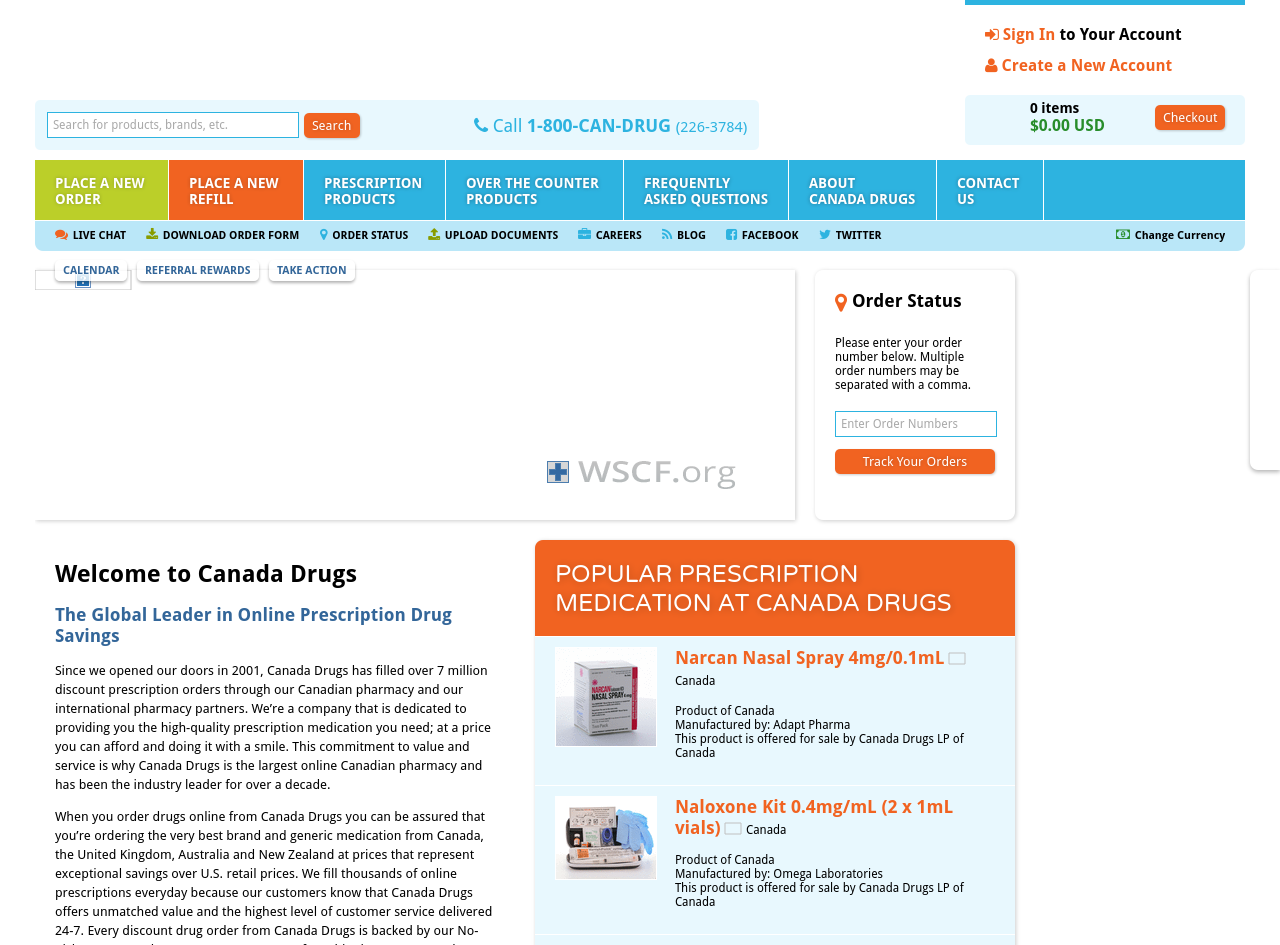Understanding Impotence and the Importance of Seeking Professional Help
Impotence, also known as erectile dysfunction (ED), is a common condition that affects millions of men worldwide. It is characterized by the inability to achieve or maintain an erection sufficient for sexual activity. While impotence can be a sensitive topic, it is essential to seek professional help from a qualified healthcare provider to address this issue.
Symptoms and Causes of Impotence
Impotence can manifest in different ways, and its symptoms may vary depending on the individual case. Common symptoms include difficulty achieving or maintaining an erection, reduced sexual desire, and premature ejaculation. In some cases, impotence may be accompanied by other symptoms such as fatigue, depression, and anxiety.
There are numerous causes of impotence, including physical, psychological, and lifestyle factors. Some common causes include:
- Physical conditions: Diabetes, heart disease, high blood pressure, and certain medications can all contribute to impotence.
- Psychological factors: Stress, anxiety, depression, and relationship issues can all impact sexual function.
- Lifestyle factors: Lack of exercise, smoking, excessive alcohol consumption, and poor sleep habits can all increase the risk of developing impotence.
Seeking Professional Help
It is essential to seek professional help from a qualified healthcare provider if you are experiencing symptoms of impotence. Your doctor may perform a physical examination, take a medical history, and conduct laboratory tests to determine the underlying cause of your impotence. Based on the diagnosis, your doctor may recommend various treatment options, including medications, lifestyle changes, and counseling.
Treatment Options
There are several treatment options available for impotence, including:
- Medications: Oral medications such as sildenafil (Viagra), tadalafil (Cialis), and vardenafil (Levitra) can help improve blood flow to the penis.
- Lifestyle changes: Quitting smoking, losing weight, and exercising regularly can all help improve sexual function.
- Counseling: Therapy can help address underlying psychological issues that may be contributing to impotence.
Online Resources
In addition to seeking professional help from a qualified healthcare provider, there are several online resources available to help individuals understand and manage impotence. The following websites offer valuable information and support:
- Impotence-Information.com: This website provides comprehensive information on impotence, including symptoms, causes, treatment options, and more.
- American Urological Association (AUA): The AUA website offers a wealth of information on urological health, including impotence.
- National Institute of Diabetes and Digestive and Kidney Diseases (NIDDK): The NIDDK website provides detailed information on sexual function and disorders, including impotence.
Conclusion
Impotence is a common condition that affects millions of men worldwide. While it may be a sensitive topic, seeking professional help from a qualified healthcare provider is essential to addressing this issue. There are numerous treatment options available, including medications, lifestyle changes, and counseling. Additionally, there are several online resources available to provide information and support for individuals managing impotence.
By understanding the causes of impotence and seeking professional help when necessary, individuals can take steps towards improving their sexual function and overall well-being.


Leave a Reply